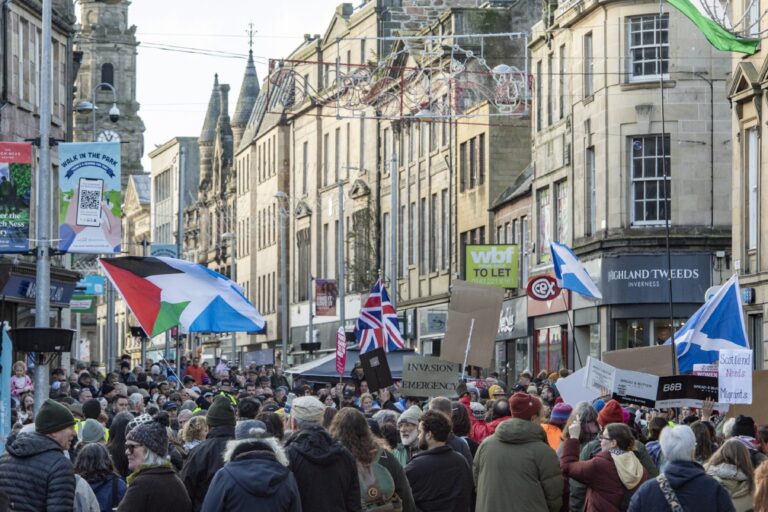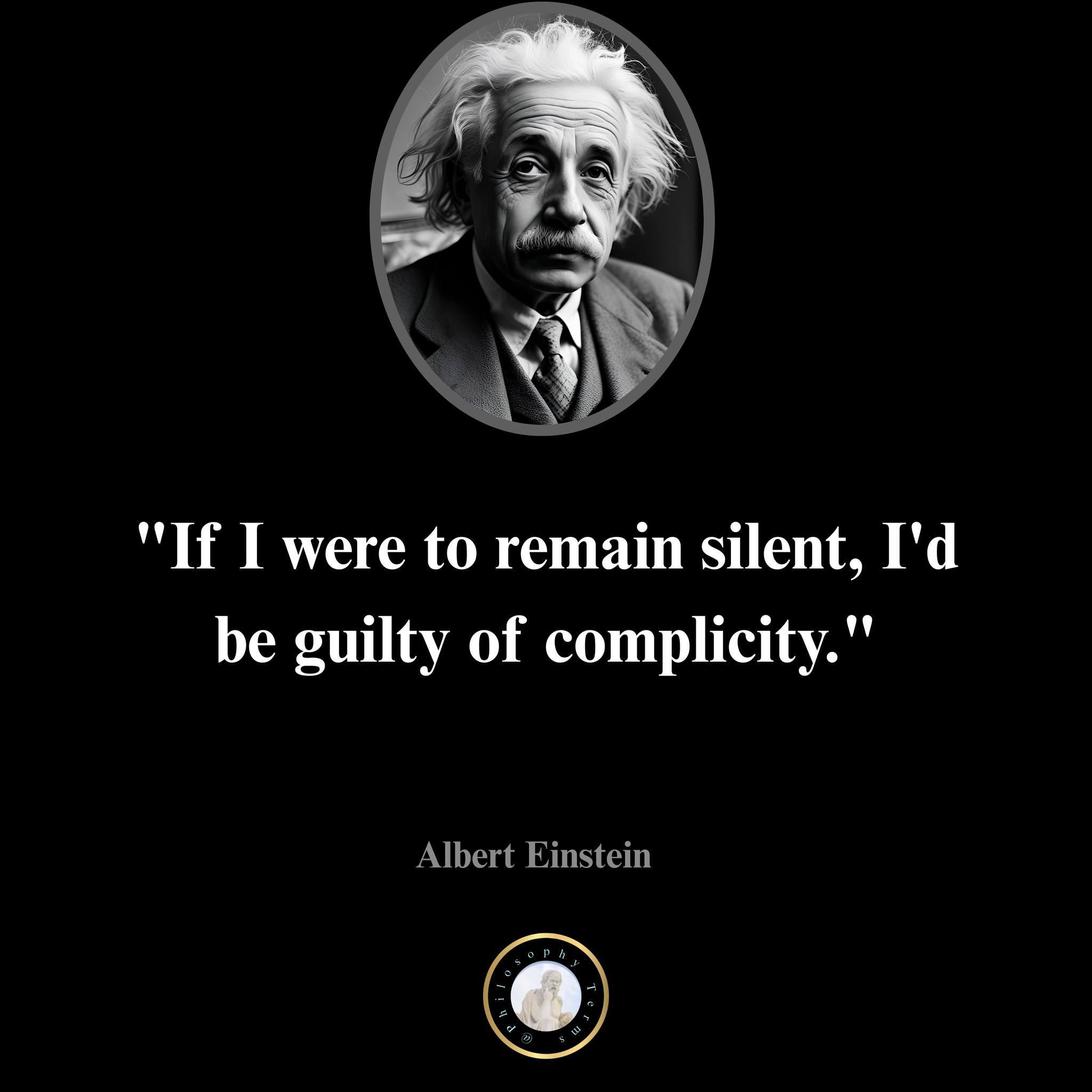I stood in the middle of two protests this week. On one side were people angry about asylum seekers arriving in their community without warning. On the other side were people angry at those people for being angry. Both sides shouting. Both sides calling the other side immoral. Both sides convinced they were defending Scotland. And the whole thing looked less like politics and more like a football match where no one even tries to hear anyone else.
What also became clear while I was there was that a number of the organisers and several of the loudest protesters were not actually from Inverness at all. Some had travelled in from other parts of Scotland and even further afield. This matters because it shows that the tension on display was not a natural reflection of Inverness or its communities, but something imported and amplified by people who were not connected to the city or its residents.
What struck me most was how each side believed they were fighting a moral fight. The anti-immigration group thought they were protecting their children, their community and their future. They have been told for years that “unvetted migrants” are a threat. They see rising crime in the news and assume the worst. It is fear, not hatred.
The opposing group believed they were fighting for human rights. They spoke about refugees fleeing war, violence and persecution. They explained why desperate people cross oceans. It is compassion, not naïvety.
Both sides want safety. Both sides want fairness. Both sides want dignity. And neither side is actually talking to the other.
I crossed between them. I spoke to people on both sides. And every time I did, they said the same thing in their own way. They wished there was somewhere to talk like normal people. They wished they could sit down and actually ask questions without being shouted down, labelled, or painted as evil.
Because here is the truth no one at a protest ever admits. Most of the people at these events are not extremists. They are not fascists. They are not communists. They are not monsters. They are ordinary people trying to make sense of a country that feels like it is coming apart socially, economically and culturally.
The only extremists on either side were the absolute diehards. The ones so committed to the purity of their ideology that they would rather scream than listen. The ones who think everyone who disagrees with them is a pedophile, a fascist, a traitor or whatever other label they picked up online. These are the same type of people who shut down any chance of compromise. They thrive on chaos. They do not want conversations. They want enemies.
But most Scots are not like that.
The truth is that both sides are right about something and wrong about something.
We do need immigration. Scotland has a declining population and a shrinking workforce. Without new people coming in we will not support our economy or our care system. That is a fact.
But immigration is also a short-term fix for a long-term problem. Immigrant families, after one or two generations, match the birth rates of the country they move to. So even if immigration helps us today, it cannot fix a falling birth rate forever. At some point we need real policies that support Scottish families, housing, security and stability so people feel able to have children again.
At the same time, people have every right to demand proper vetting. No one is wrong for wanting to know who is entering the country. But the truth is simple. Illegal boat crossings are illegal. We need proper asylum centres outside the UK, just as Germany, France and Poland already use. Anyone who wants to apply for asylum could do so in these centres, safely and properly. Anyone crossing illegally would no longer automatically enter the asylum system.
This approach satisfies both sides. It reassures those who fear unvetted migration. It keeps compassion for those fleeing war. It ends the dangerous boat journeys. It keeps the door open to genuine refugees. It removes the political fuel that keeps these fights burning.
But none of it can happen when people refuse to talk to each other.
Watching the protests, I saw something more troubling than anger. I saw the death of dialogue. Two groups of people who, if they actually sat down and spoke honestly, would discover they have more in common than they ever realised. Both want safe streets. Both want fairness. Both want a future for their families. Both feel ignored by government decisions that drop asylum centres into communities without warning or consultation.
When I moved between them, I realised something else. Scotland is full of people who care deeply. They are scared, compassionate, confused and frustrated. What they are not is hopeless. All they lack is a place to speak without being shouted at. A place where someone will say, you are not mad for feeling this way, and you are not evil for feeling that way.
Our country needs less noise and more conversation. Less tribal identity and more human identity. Less “pick a side” and more “build a bridge.”
Because whether we admit it or not, every person at that protest wanted the same thing. A better Scotland. A safer Scotland. A Scotland that makes sense again.
And until we create places where people can talk, not scream, we are never going to get there.
Most recent episodes
Get notified every time we post an new article
Stay ahead of the story. Subscribe now and get instant updates whenever we publish new insights, investigations, or deep dives — straight from Scotland’s independent voice.







